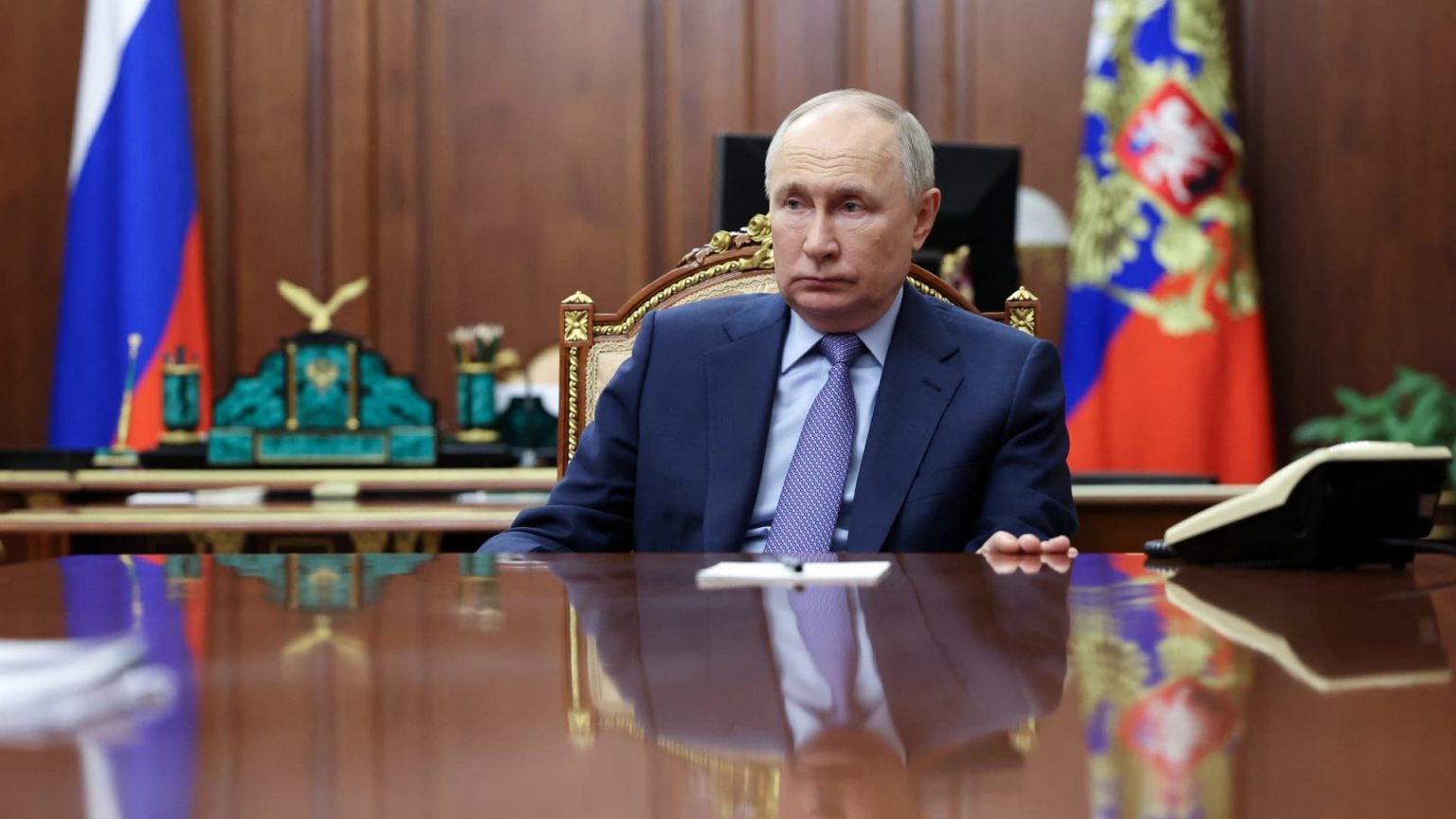Russia has accused the United States of deepening its involvement in a hybrid war with Russia following the approval by U.S. lawmakers of $60.84 billion in support for Ukraine. Russian President Vladimir Putin’s invasion of Ukraine in 2022 has created a major crisis in relations between Russia and the West, comparable to the Cuban Missile Crisis of 1962. The U.S. House of Representatives passed a $95 billion legislative package providing security assistance to Ukraine, Israel, and Taiwan, sparking objections from some Republicans. Russian Foreign Ministry Spokeswoman Maria Zakharova criticized the U.S. for escalating the conflict and pushing Ukraine to fight against Russia.
Zakharova cautioned that the United States’ deepening involvement in the hybrid war against Russia could result in a humiliating defeat similar to the outcomes of the Vietnam and Afghanistan wars. She expressed concern that the U.S. was using Ukraine as “cannon fodder,” forcing ordinary Ukrainians to fight in a war that the United States was no longer betting on them winning against Russia. The rhetoric from both sides suggests a worsening of tensions and the potential for a prolonged conflict with dire consequences for all involved.
The conflict in Ukraine has been framed by Western and Ukrainian leaders as an imperial-style land-grab by Russia, positioning post-Soviet Russia as one of the top two nation-state threats to global stability, alongside China. However, Putin sees the war as part of a larger struggle with the United States, accusing the U.S. of ignoring Russian interests after the collapse of the Soviet Union in 1991 and plotting to divide Russia and exploit its natural resources. This narrative from Putin reveals the deep-rooted distrust and animosity between Russia and the United States, fueling the ongoing conflict in Ukraine.
The passage of the legislative package by the U.S. House of Representatives underscores the escalating tensions between Russia and the West, with both sides prepared to engage in a protracted conflict with significant geopolitical implications. The support for Ukraine, Israel, and Taiwan reflects the broader strategy of containing Russian aggression and asserting U.S. influence in the region. The decision to provide security assistance to Ukraine signals a commitment to defending Ukraine against Russian aggression, but it also raises the stakes in a conflict that shows no signs of abating.
The ongoing crisis in Ukraine has pushed Russia and the United States into a dangerous confrontation, with both sides unwilling to back down or compromise. The war in Ukraine has become a focal point of the broader geopolitical struggle between the West and Russia, with significant implications for global security and stability. As tensions continue to escalate, the risk of a full-scale war between Russia and the West looms large, with potentially catastrophic consequences for all involved. The situation in Ukraine remains fluid, with no clear end in sight as both sides continue to jockey for position and seek to advance their strategic objectives in the region.


